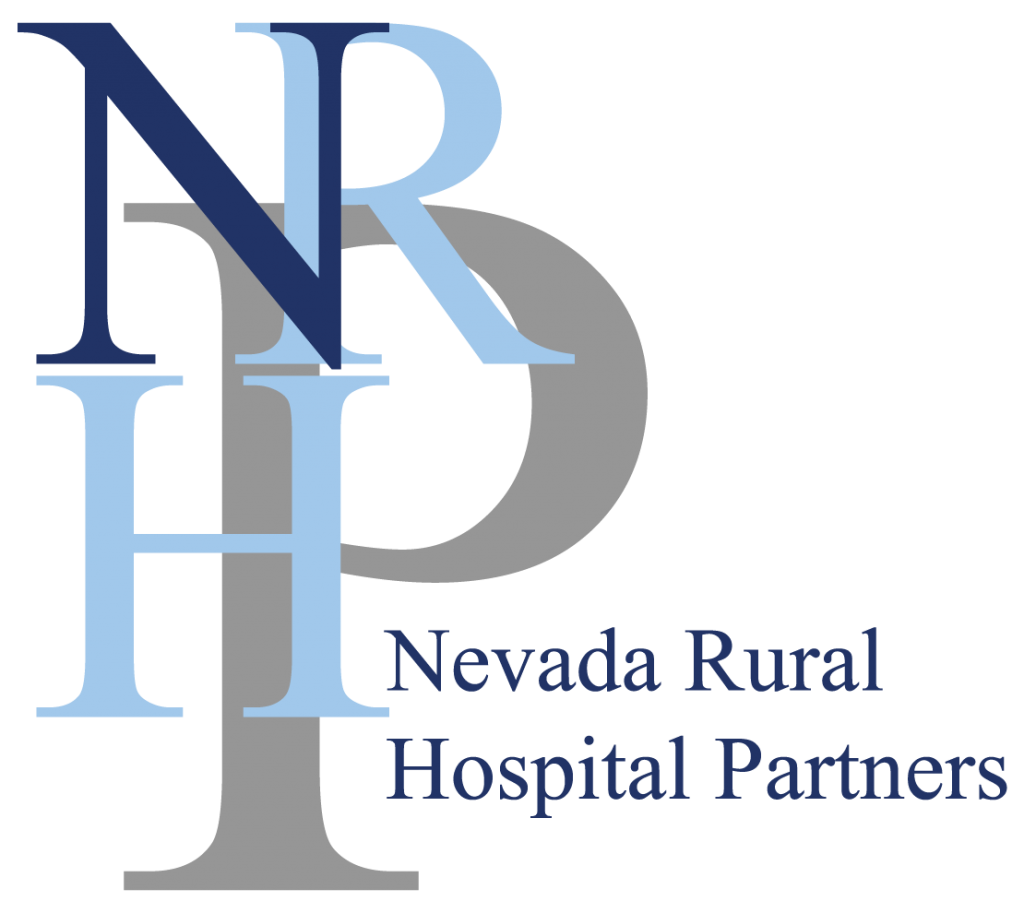From the National Rural Health Resource Center:
Boulder City Hospital (BCH) was recognized for its use of Project ECHO in advancing the quality of their antibiotic stewardship program (ASP). The ASP program, established in 2013, became stronger when they began participating in Project ECHO to gain education through didactic presentations. Project ECHO participation also allows them to present cases and receive feedback from infectious disease specialists, a provider type that is not typically available in rural hospitals.
Positive Outcomes
- BCH’s infection control and risk management staff regularly attend Project ECHO clinics and regularly monitor relevant quality indicators.
- Based on recommendations from specialists based at the University of Nevada, Reno School of Medicine, BCH’s ASP team created a standard operating procedure form which includes a list of criteria regarding symptoms before calling a physician for orders.
- Patients are now treated based on culture results and severity of symptoms, leading to the appropriate treatment of the patient and improved antibiotic stewardship.
Top Accomplishments
Inappropriate use of antibiotics dropped 30 percent in a nine-month period. According to Laima Etchegoyhen, MPH, Nevada Flex Program Coordinator at the Office of Statewide Initiatives, “Boulder City Hospital Antibiotic Stewardship Program is a perfect example of organizations working together to make positive health care changes in a small local community. With the guidance from the Project ECHO Nevada based at the University of Nevada, Reno School of Medicine and the extra work and dedication of Boulder City Hospital Infection Control and Risk Management team Stephanie West, Jessica Murray, and Arleen Sheeler, this collaboration became an ongoing successful program.”
This project is/was supported by the Health Resources and Services Administration (HRSA) of the U.S. Department of Health and Human Services (HHS) under grant number UB1RH24206, Information Services to Rural Hospital Flexibility Program Grantees, $1,100,000 (0% financed with nongovernmental sources). This information or content and conclusions are those of the author and should not be construed as the official position or policy of, nor should any endorsements be inferred by HRSA, HHS or the U.S. Government.
